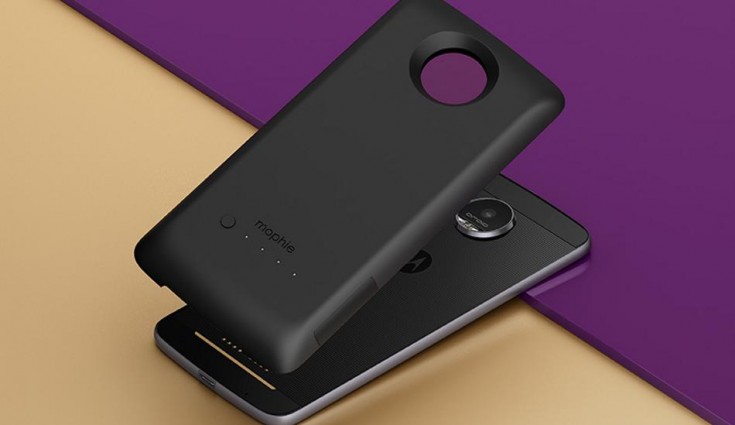After selling its mobile devices division to Microsoft in September 2013, last year in May, Nokia announced that HMD Global will take over its feature phone business and soon went on to sign a long-term license with HMD making it the exclusive manufacturer for Nokia branded phones and tablets. Quickly post that, rumours started to pour in saying that Nokia might as well make the grand comeback in MWC 2017 which held in Barcelona, Spain. And guess what, Nokia did announce its comeback unveiling three smartphones along with the reincarnation of Nokia 3310, at the event. However, since then, the hype slowly settled in and when Nokia finally entered the Indian market in June 2017, people seemed to have moved on from all the buzz. But why?
Poor Marketing Strategy
It’s true, Nokia didn’t need a specific marketing strategy because let’s admit it, everyone of us already knew how Nokia once use to rule the mobile devices market. However, people were more fascinated about the Nokia, as a brand, coming back rather than its new line of products. We are surely not counting the nostalgic Nokia 3310 here, but, little did anyone knew about the other products such as the Nokia 3, Nokia 5 and even the Nokia 6 which actually sold quite a bit in China.
There were two reasons why this happened. First, Nokia was too ambiguous about the launch and entering various markets around the world. Second, when the time came, Nokia struggled to gain the hype this time.
Availability and Time Gap
This whole picture could have been a lot different if Nokia had decided to bring all its devices just after the MWC 2017. There was this couple of months period, where everyone was going bonkers over Nokia coming back. However, all the hype eventually settled in and maybe it was too late for Nokia when it actually brought its products to the shelves. A similar set of events happened with LG last year when it launched the V20 in India. The device, expectedly, didn’t do well because of an unnecessary availability gap between global and India launch. Contrary to this, Samsung does a pretty good job of making its devices available just after the launch and even Google with its Pixel.
Also, a lot of retailers in the country have been complaining about the shortage of Nokia devices, including 3310, and this development is creating an adverse effect in the minds of consumers who still are looking to buy Nokia phone. The company on its part said to us that they are a startup and such teethingissues are expected.
No X-factor in Nokia products
Apart from the brand, the new range of Nokia products had one of the most wanted changes – Android. Nokia 3, Nokia 5 and Nokia 6 ran on the latest version of Android and it was a move which could have actually saved the company back in 2013. However, the combination of Android along with its rebranding strategy didn’t quite work out for Nokia, mainly because this time Nokia had to scuff heaps of competition coming in from the likes of Xiaomi, Lenovo, Huawei, Gionee etc. The Indian smartphone market already had smartphones with better specifications at a lower price and this is where Nokia lost the battle.
Can Nokia still save its comeback?
While the mid range segment didn’t welcome Nokia with open hands, the Finnish giant is now planning to try its hand in the premium segment. It’s latest offering, Nokia 8, is rumoured to come with a Qualcomm Snapdragon 835 chip fitted under a 5.3-inch Quad HD display. Being a flagship, it is expected to come with 4GB RAM and 64GB of internal storage. For the photography enthusiasts, rumour has it that Nokia 8 will come with a Carl Zeiss lens with a 13-megapixel sensor at the back and 8-megapixel front camera.
Although Nokia 8 looks promising on paper, competing with the likes of Samsung Galaxy S8 and OnePlus 5 will not be easy. But ‘Price and Timely Availability’ can be a crucial decider this time and we hope Nokia is listening.


